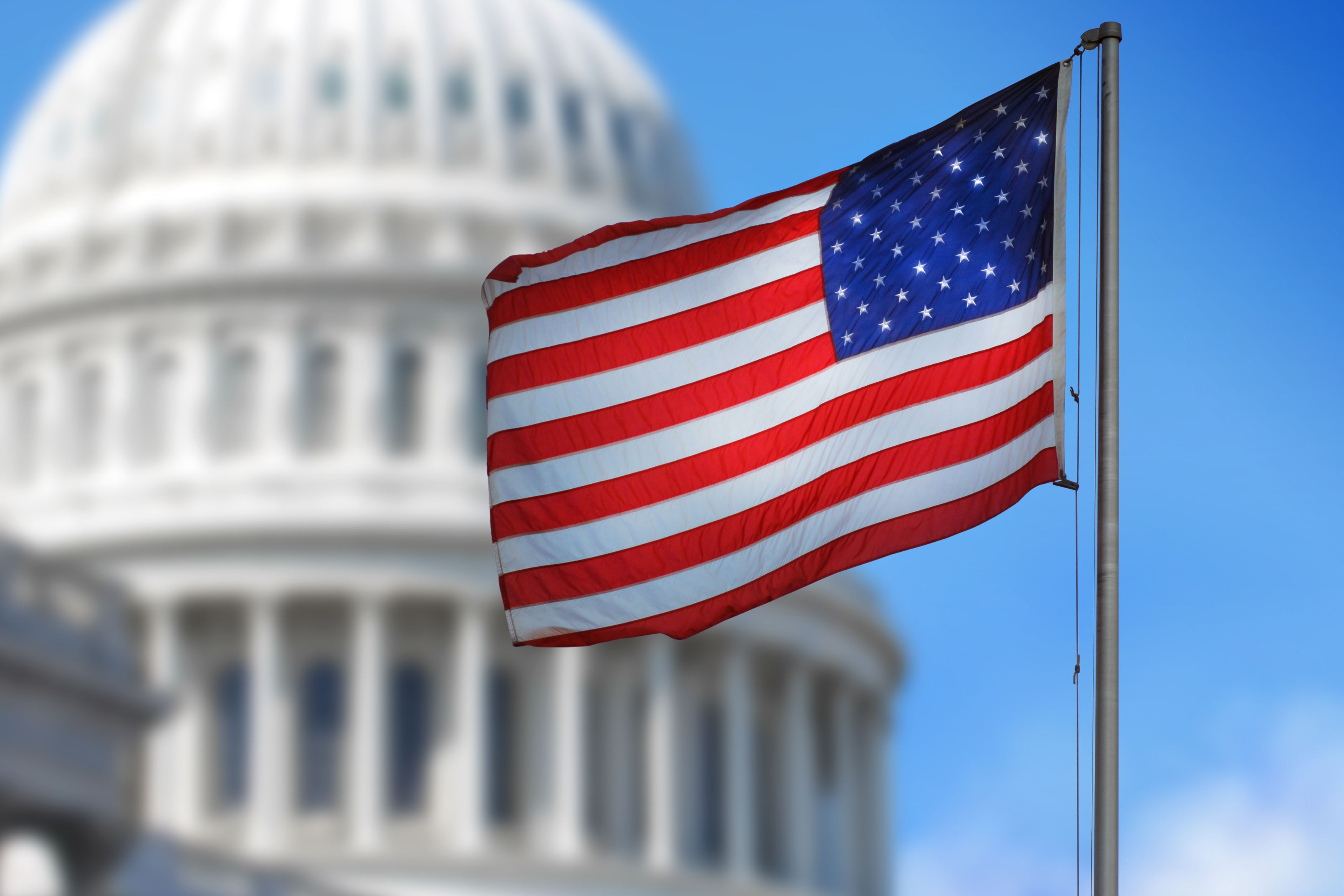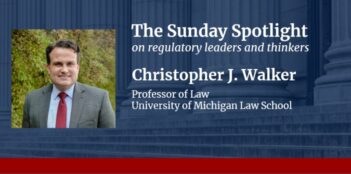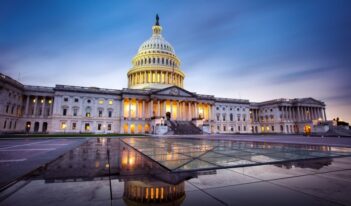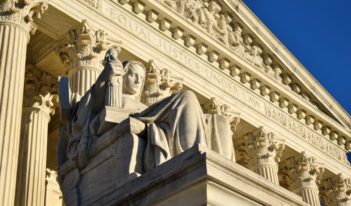
Citizens and their leaders must strive to work together to solve problems and improve social and economic conditions.
The 2016 presidential campaign surfaced a deep angst pervading vast segments of the American populace. Many voters believe that a broken government has fueled many of the nation’s problems. But is government truly broken?
Judging from the sound and fury, the answer might seem to be an obvious yes. But in reality, government performs much better than it gets credit for. Despite serious problems and looming concerns, democratic governance in the United States still performs remarkably well, and its citizens and leaders should never abandon their commitment to the core principles of fairness, neutrality, and representativeness that are essential to a functioning democracy.
Serious problems confront this country: poverty, crime, and illiteracy, to name a few. Still, the United States compares favorably to most other nations on many important criteria. It possesses, for one, the largest economy in the world. It ranks 13th among 157 countries on measures of overall citizen happiness (with only four-tenths of a point, on a 10-point scale, separating the United States from the first-ranked country). On the United Nations’s composite index of overall conditions for human development, the United States falls within the “very high human development” category, ranking eighth out of 188 countries.
Moreover, following the 2007–2008 financial crisis, the U.S. economy rebounded much more quickly and robustly than the economies of the dozen other countries that experienced systemic economic crises at that same time. By 2014, only the United States and Germany had seen their respective economies return to their pre-crisis levels of economic activity.
When viewed historically, the U.S. economic rebound in the wake of this most recent financial crisis also fares quite favorably. It took only four years for the economy to return to pre-crisis levels following the Great Recession, whereas it took 11 years to make a comparable rebound following the Great Depression—despite similar financial shocks precipitating both crises.
When evaluated according to other temporal comparisons, the United States is much more successful than it might seem. For example, even though the most recent federal crime report reveals that 1.1 million violent crimes occurred in 2014—a stunningly large number in absolute terms—the general trend in such crime has pointed downward in recent years. Violent crime dropped nearly 7 percent from the preceding five years and more than 15 percent from the preceding 10 years.
On a longer view, many other aspects of life in the United States have seen significant improvements. The U.S. economy has dramatically expanded since 1960, with median household income having risen 20 percent during this period. The infant mortality rate has improved by about 40 percent over the last 30 years. Environmental conditions likewise have improved, with air emissions of lead declining by 98 percent since 1970 and emissions of other major air pollutants dropping between 25 to 79 percent during this same period. A person born in 2014 can expect to live 79 years, compared to only 71 years for a person born in 1970.
This is not to say that on every measure life looks better in the United States today than it did 50 years ago, nor that the United States compares favorably against other countries on every metric. A gap certainly exists between the current state of the nation and an ideal set of conditions. But it would be highly unlikely for the U.S. economy to be the strongest in the world, and for other conditions in society to be improving so palpably, if government were not well-functioning.
Admittedly, government is not perfect. But less-than-perfect government is not the same as broken government. Broken government drags down society, makes living conditions unstable, and thwarts the private ordering of affairs. It would be extremely difficult for American society to be doing as well as it is—despite its many shortcomings—if government were truly broken.
Rather than cynically concluding that government has broken down when it fails to achieve perfection, citizens and their leaders ought instead to strive to work together to solve problems and improve social and economic conditions. Democracy needs to be recognized as a work in progress.
The American philosopher John Dewey knew this. Writing in 1927, he observed how American “democracy is . . . under a cloud,” subjected to “adverse criticism in abundance.” Sound familiar? But Dewey urged not an abandonment of democracy, but rather espoused its “rediscovery.”
Similarly, in the early 1960s, Martin Luther King Jr. brought home to the world how the American dream was “as yet unfulfilled.” Instead of retreating, however, he inspired the nation and woke its conscience. “Now, more than ever before,” he said, “America is challenged to bring her noble dream into reality.”
Those words ring true today. And they will, no doubt, ring true a century and more from now, when the nation faces new and pressing issues of justice.
Yet recognizing the continual need for striving and improvement need not lead to withdrawal or resignation. We can only identify what work remains to accomplish, and then accomplish it, by holding fast to the dreams to which government should aspire. Those ever-present dreams of a stronger democracy, more just rule of law, and better economic and social conditions for all should remain guiding lights for citizens and leaders alike in forging the future of American democracy.
Only if democracy’s disrepair leads to fear and fatalism will democratic government in the United States truly and irrevocably become broken.




